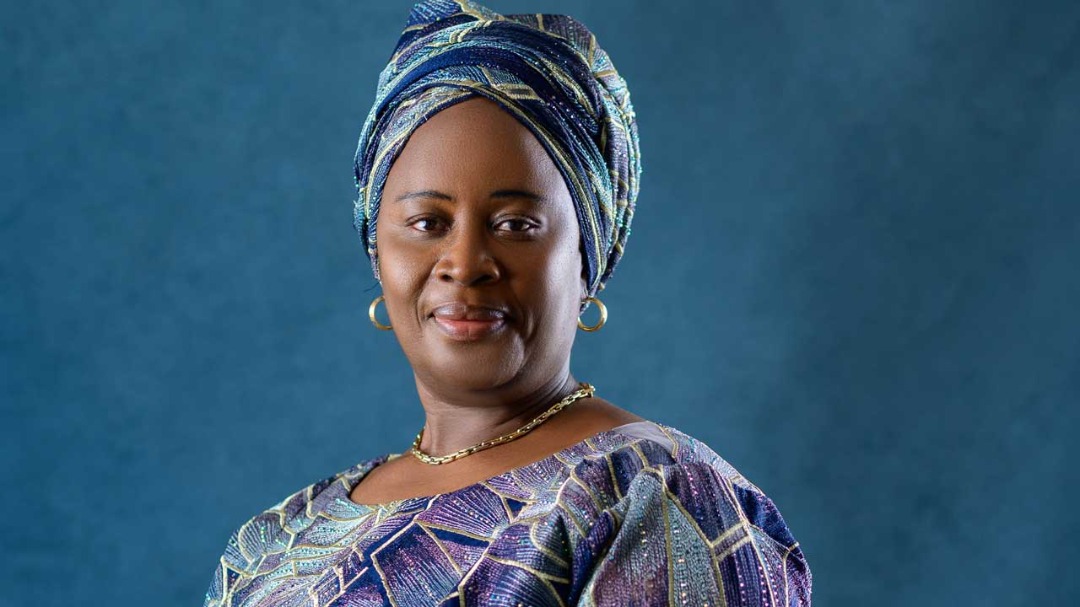Paschal Emeka, Abuja
The United Nations Women (UN) Nigeria and ECOWAS Representative, Beatrice
Eyong has disclosed that the European Union, United Nations, and Nigerian government tripartite joint spotlight initiative is making great strides in addressing gender-based violence and other harmful practices such as female genital mutilation.
She disclosed this at a two-day knowledge-enhancing workshop with Traditional and Religious Leaders in Nigeria on Customary and Formal Laws Towards Eliminating Violence Against Women and work plan development sessions organized by EU-UN Spotlight Initiative in Abuja.
“We have seen a shift in attitudes and in some cases total abandonment of these practices. But as traditional and religious leaders we urge you to continue to be the mouthpiece against these practices,” she said.
She informed that 34 states of the federation had passed the Violence Against Persons (VAP) Act. However, she said that statistics show that Female Genital Mutilation (FGM) is 25 percent prevalent in the country.
“I would actually like to add that gender-based violence or sexual-based violence is not just of human rights or something of health, it is also affecting the way our communities are developing.
It is a cause of poverty, especially feminized poverty and it is important that we accelerate efforts to act against the root causes of gender-based violence and harmful practices
The UN Women Representative informed that the UN Women has invested in landmark research to help highlight the linkages between customs and formal laws which formed the bases for the workshop.
According to a UN Women official, the training workshop is expected to build on the already-established capacities of traditional and religious leaders and will address the intersection of customary and formal law toward leveraging Nigeria’s pluralistic legal system as a vital tool for preventing and responding to all forms of violence against women and girls.
The session will further facilitate the development of a National Annual Work Plan for the Council of Traditional Leaders in Africa (COTLA) towards implementing the accountability framework and strengthening the coordination mechanism by COTLA.
The Annual Work Plan will serve as a blueprint to drive social sensitization and mobilization by COTLA members toward ending Sexual and Gender-Based Violence (SGBV) and harmful practices (HP).


Can you be more specific about the content of your article? After reading it, I still have some doubts. Hope you can help me.
Thanks for sharing. I read many of your blog posts, cool, your blog is very good.
Can you be more specific about the content of your article? After reading it, I still have some doubts. Hope you can help me. https://www.binance.com/el/register?ref=IQY5TET4
Your point of view caught my eye and was very interesting. Thanks. I have a question for you. 打开gate账户